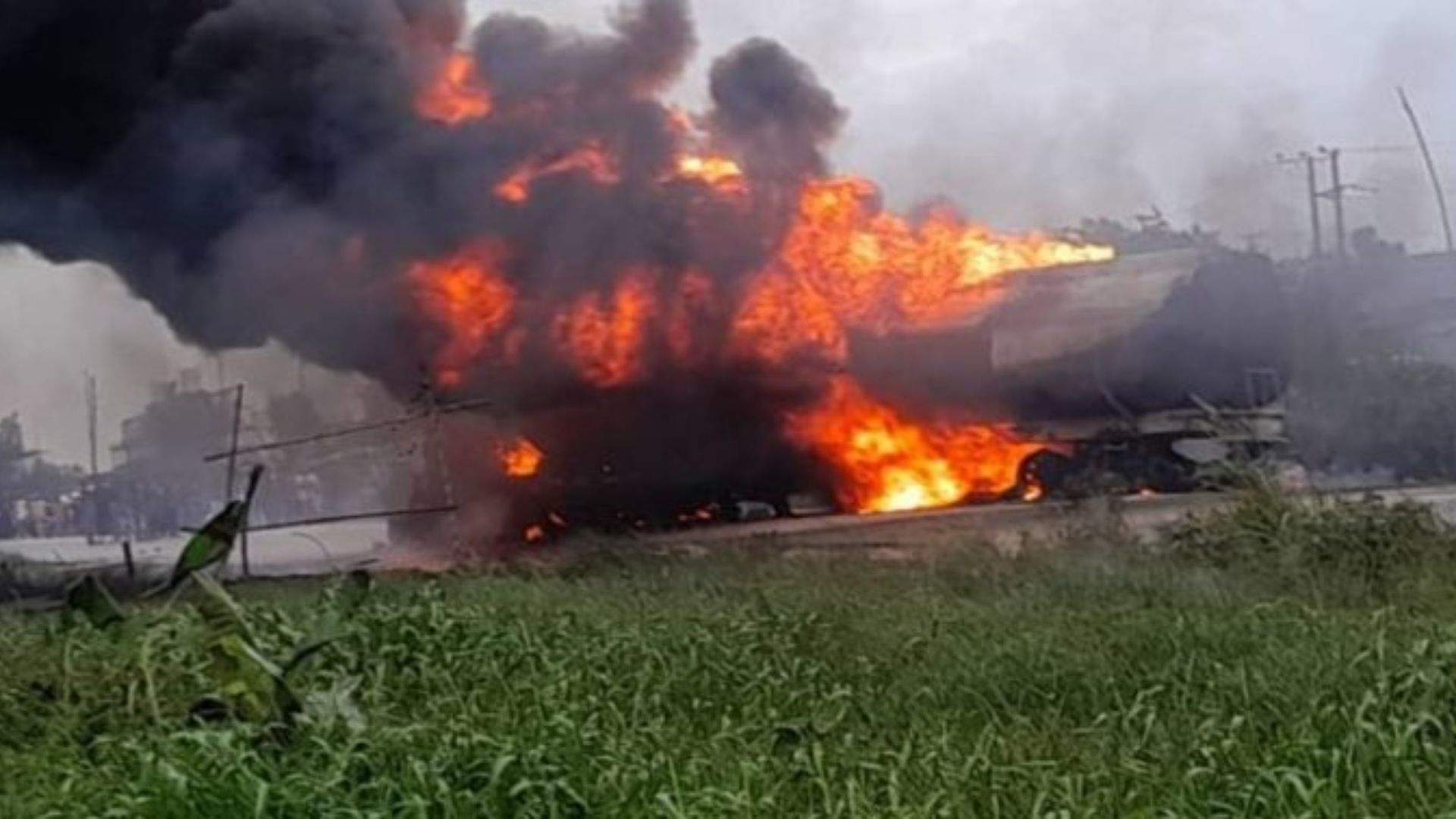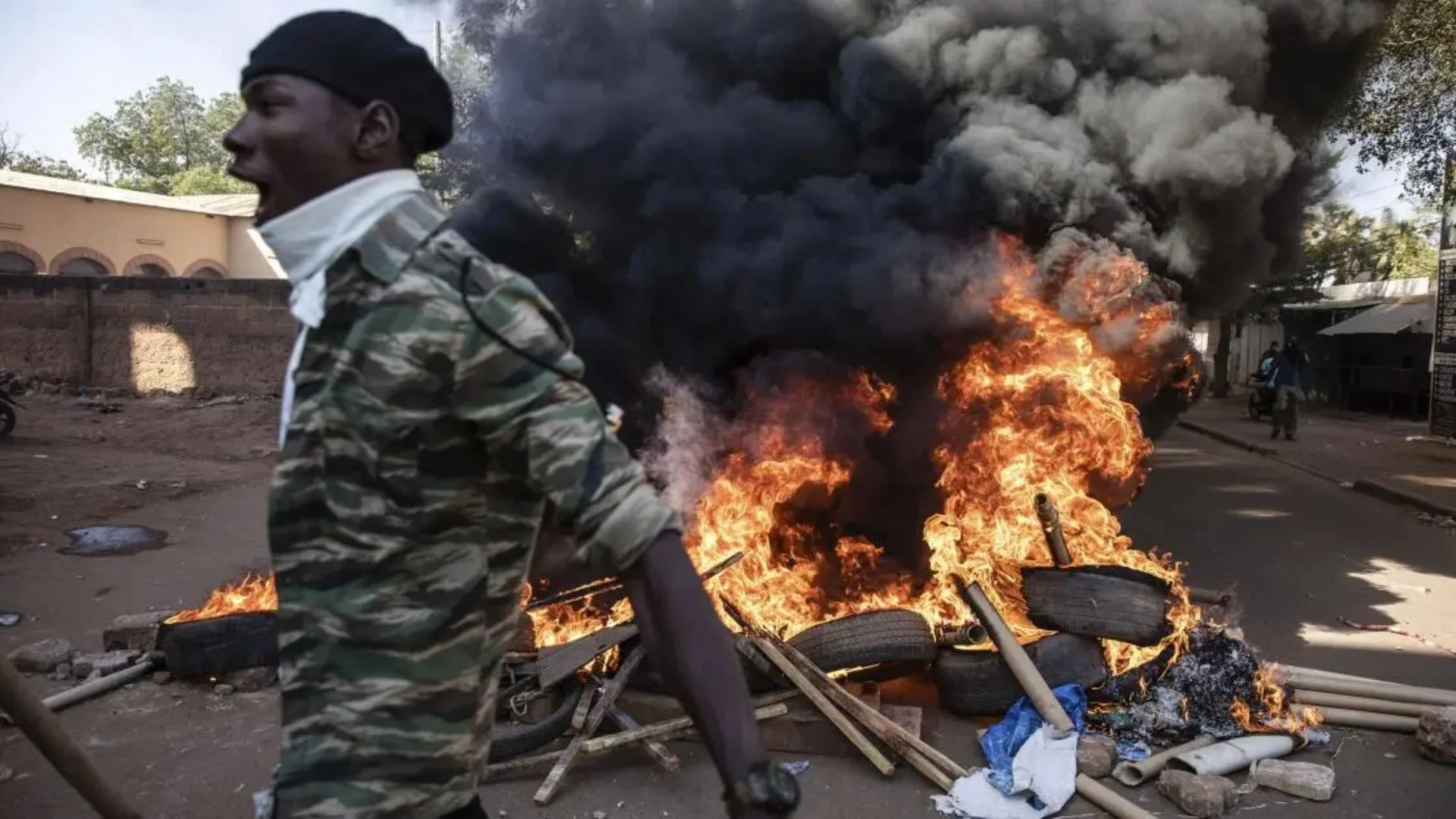At least 48 people have died after a fuel tanker collided with a truck in Nigeria, sparking a massive explosion, according to the country’s emergency response agency. The tragic incident occurred in the Agaie area of Niger state, located in north-central Nigeria.
The fuel tanker, which was also transporting cattle, crashed head-on with another truck. Abdullahi Baba-Arab, director-general of the Niger State Emergency Management Agency, confirmed that at least 50 cattle were also burned alive in the explosion. Initially, 30 bodies were recovered, but Baba-Arab later stated that an additional 18 victims, who were burned in the collision, were found. A mass burial was held for the deceased.
While the exact number of injuries remains unclear, search-and-rescue operations are still underway at the crash site. Mohammed Bago, the governor of Niger state, urged locals to remain calm and called on drivers to follow road safety regulations to protect lives and property.
Nigeria, Africa’s most populous country with over 220 million residents, often faces fatal truck accidents due to the lack of an efficient railway system for cargo transport. Experts attribute these frequent accidents to reckless driving, poor road conditions, and poorly maintained vehicles. In 2020 alone, there were 1,531 fuel tanker crashes, leading to 535 deaths and over 1,100 injuries, according to Nigeria’s Federal Road Safety Corps.
This incident comes just days after the Nigerian National Petroleum Company (NNPC) raised fuel prices by 39 percent, the second major increase within a year, worsening fuel shortages across the country.























